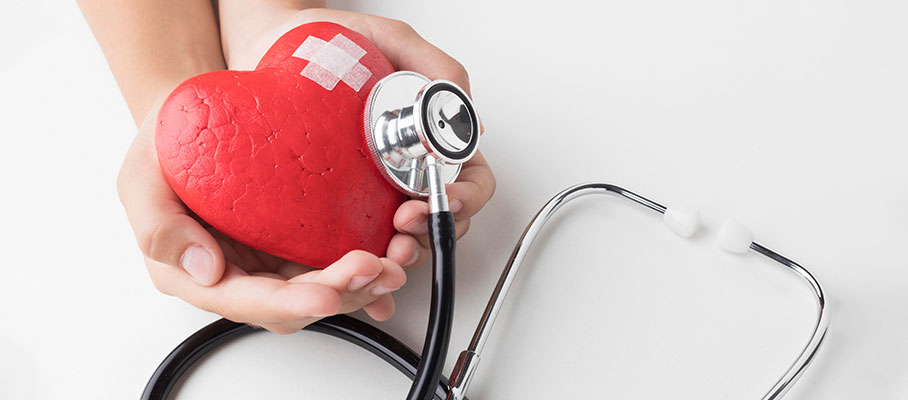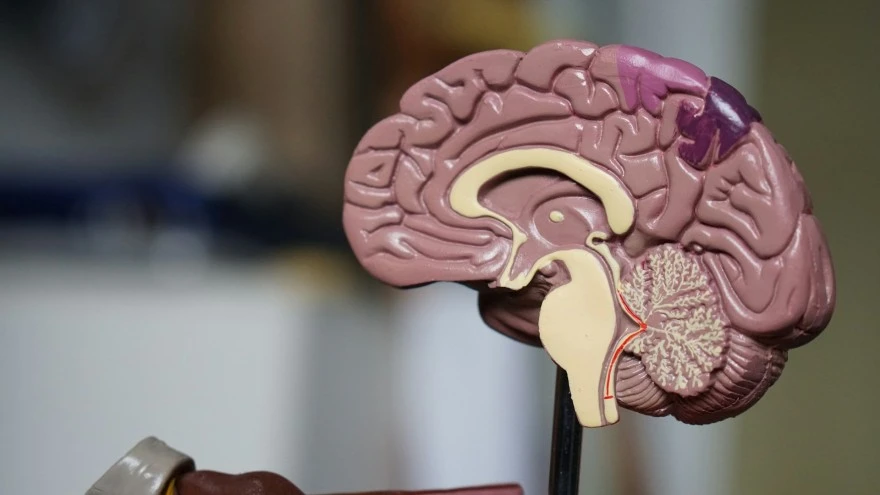Preventive Healthcare
Cardiac Arrest or Heart Attack: Are They similar?

Table of Contents
- What is a heart attack?
- What are the symptoms of a heart attack?
- What causes a heart attack?
- What is a cardiac arrest?
- What are the symptoms of a cardiac arrest?
- What causes a cardiac arrest?
- What is the connection between a heart attack and a cardiac arrest?
- What actions must be taken in case of a heart attack or cardiac arrest?
Many a time, the terms cardiac arrest and heart attack are used interchangeably, but they aren't similar. However, cardiac arrest and heart attack both are life-threatening emergencies and have many similar symptoms and preventions, but they're actually two different heart-related problems with radically different causes and treatments. It could be said that a heart attack is a “circulation” issue and a cardiac arrest is an “electrical” problem. In order to understand the difference between these two conditions, you need to understand what happens in both of these processes. Let’s discuss the differences between a heart attack and a cardiac arrest.
What is a heart attack?
A heart attack or a myocardial infarction occurs when the blood supply that brings oxygen to the heart muscle is inadequate. It often results from a blockage caused by a clot in the coronary arteries that feed the heart. If the blockage is not resolved quickly, the heart muscle begins to suffer damage or start to die. A troponin test can help detect acute heart injury Make Book Troponin I Test
What are the symptoms of a heart attack?
Not everyone has the same symptoms. Some people show warning signs or symptoms while others show no signs at all. Symptoms of a heart attack that people may report include:
- Chest pain mostly in the center of the chest
- Spreading of chest pain to the arms, jaw, neck, back, and abdomen
- Pain in the upper body
- Fatigue
- Feeling lightheaded
- Sweating
- Trouble breathing
- Nausea or vomiting
- Coughing or wheezing
- Palpitations
What causes a heart attack?
Heart attacks are generally caused by coronary heart disease; a condition caused by a buildup of fat and cholesterol in the coronary arteries forming plaques. People with CHD may experience a heart attack if a plaque ruptures and forms a blood clot which in turn blocks the coronary artery.
Risk factors like smoking, unhealthy eating habits, diabetes, obesity, high cholesterol, and hypertension may increase your risk of developing coronary heart disease. And consequently, a heart attack.
What is a cardiac arrest?
A cardiac arrest usually happens suddenly with no warning. It is different from a heart attack. In a cardiac arrest, the heart suddenly stops beating; whereas in a heart attack the heart usually doesn’t stop beating.
A cardiac arrest is triggered by an electrical malfunction in the heart that disrupts the heart’s normal rhythm resulting in a rapid and chaotic heartbeat, and in many cases, the heart stops beating altogether. This disrupts the blood and oxygen flow to the vital organs, including the brain and lungs, causing the person to gasp or stop breathing. One may lose consciousness and becomes unresponsive within seconds. Cardiac arrests can be fatal if it’s not resolved within minutes.
What are the symptoms of a cardiac arrest?
In most cases, there are little-to-no warning signs. More than half of people who experience cardiac arrest have no symptoms. Others may have the following symptoms:
- Sudden loss of consciousness
- Blue discoloration of the face
- No breathing
- No pulse
Chest pain, shortness of breath, dizziness, weakness, heart palpitations, and nausea are few warning signs that may also occur in the period before a cardiac arrest.
What causes a cardiac arrest?
The potential causes of a cardiac arrest may include: ventricular fibrillation, ventricular tachycardia, coronary heart disease, changes of the heart structure, respiratory arrest, pacemaker failure, choking, drowning, electrocution, hypothermia, sudden drop in blood pressure and excessive alcohol consumption, and drug abuse.
A heart attack can also cause cardiac arrest. If a large enough portion of the heart is affected during a heart attack, then the heart may stop beating, leading to a cardiac arrest.
What is the connection between a heart attack and a cardiac arrest?
These two different heart issues are connected. A cardiac arrest can occur after a heart attack, or while recovery. Heart attacks can escalate the risk for cardiac arrest. It is important to note that the majority of heart attacks do not lead to cardiac arrest. But, most cardiac arrests are caused by heart attacks. Other heart conditions can also disrupt the heart’s rhythm and lead to cardiac arrest. An hs-CRP test (high sensitivity C-reactive protein) along with other tests can help assess a person’s risk for developing heart disease. Make Book CRP Test.
What actions must be taken in case of a heart attack or cardiac arrest?
Call emergency services immediately so that the patient can receive treatment as soon as the services arrive. Emergency services staff are equipped and well trained to revive an unresponsive person whose heart has stopped beating. This can be done either with CPR or with the help of a defibrillator. Using CPR and defibrillators can improve the survival rate of the patient in cardiac arrest. CPR is intended to pump the heart to get blood circulating and deliver oxygen to the organs. The defibrillator sends an electric shock to the heart aiming to restore its normal rhythm.
In conclusion, there is a huge difference between a heart attack and a cardiac arrest. Heart attacks are mainly a plumbing problem because it occurs when the blood flow to the heart stops causing a part of the heart muscle to begin to die, whereas cardiac arrest is an electrical problem in which heart suddenly stops beating as a result of rapid and erratic electrical impulses and irregular heart rhythm. There is a long list of symptoms of a heart attack; on the other hand, the main symptoms of a cardiac arrest are lack of consciousness, lack of breathing, and no pulse. There are various causes of a cardiac arrest; while the primary cause of a heart attack is coronary heart disease.
If you or a person you’re with is experiencing symptoms that could be either of a heart attack or a sudden cardiac arrest, seek emergency medical attention as they could be life-threatening. Considering that cardiac arrest can be reversed only if treated within minutes, it’s important to act quickly. The longer the person waits to get help, the greater the damage can occur.
























